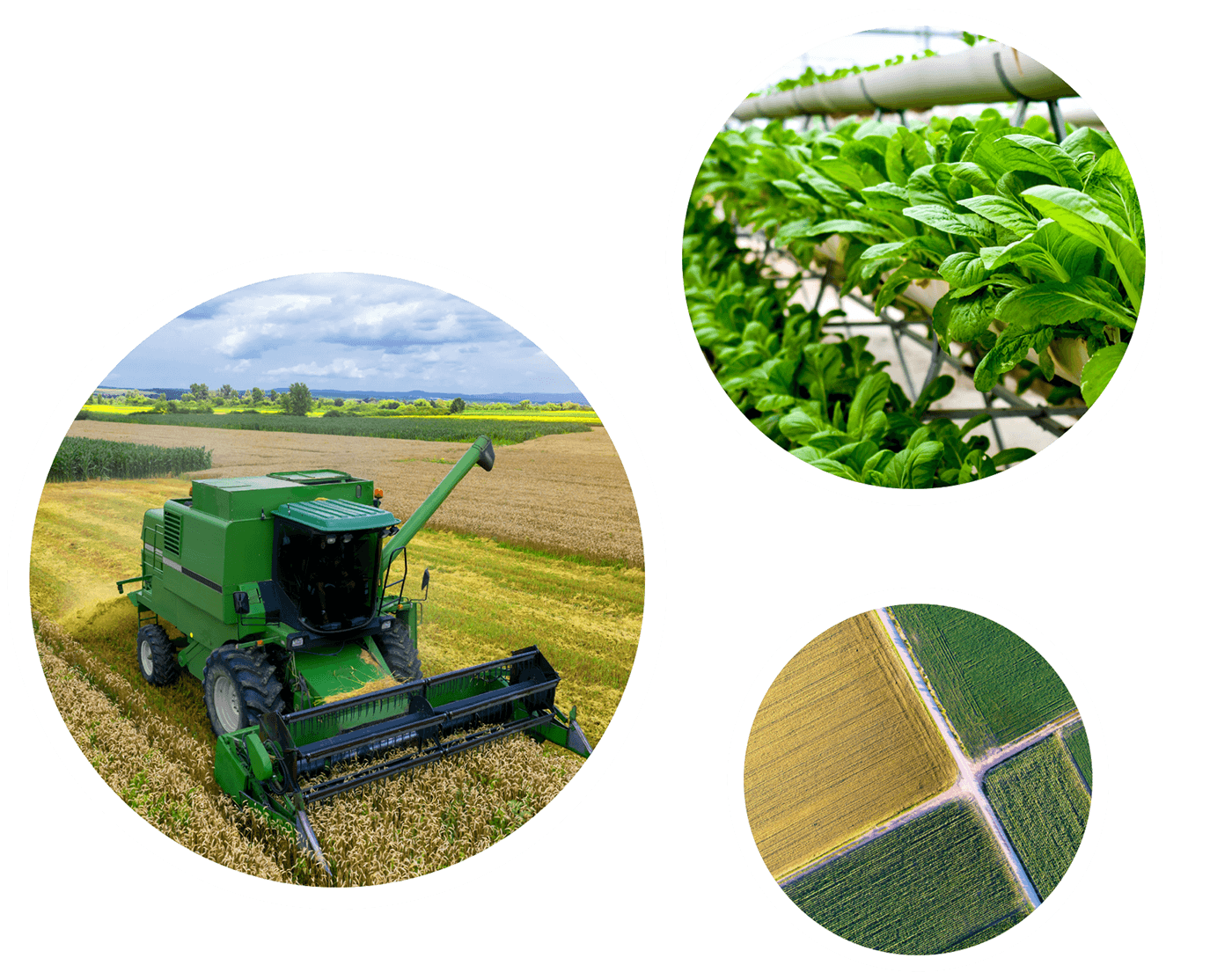

Firstly, the agricultural sector is foundational to human existence. As the global population continues to grow, with estimates projecting it to reach nearly 10 billion by 2050, the demand for food will correspondingly rise. This growth necessitates substantial increases in agricultural productivity. Investing in agricultural stocks means placing capital in companies at the forefront of producing the food and commodities that are essential for sustaining this burgeoning population. These companies range from those involved in crop production and livestock farming to those that manufacture agricultural equipment and supplies, all of which stand to benefit from the increasing demand.
Secondly, agriculture is a resilient industry. While it is true that it can be susceptible to short-term fluctuations due to weather patterns, disease outbreaks, and market dynamics, over the long term, it has consistently demonstrated stability and growth. Agricultural stocks, therefore, offer a form of investment that can provide a hedge against economic volatility. This resilience is particularly valuable in diversified investment portfolios, providing a counterbalance to more cyclical or volatile sectors.
Moreover, investing in agricultural stocks supports technological advancements and innovations within the sector. Modern agriculture is increasingly reliant on technology, from precision farming techniques that optimize crop yields and reduce waste to advancements in biotechnology that produce more resilient and nutritious crop varieties. By investing in companies that are leading these innovations, investors can contribute to the development of sustainable agricultural practices that are crucial for long-term food security and environmental stewardship.
Sustainability is another critical factor. The agricultural sector is at the heart of the global push towards sustainability. Sustainable farming practices not only help in preserving the environment but also ensure the long-term viability of food production. Investors with a focus on environmental, social, and governance (ESG) criteria are increasingly turning to agricultural stocks to meet their sustainability goals. Investing in agriculture, therefore, aligns with broader global efforts to combat climate change and promote responsible resource management.



Economic diversification is yet another benefit of investing in agricultural stocks. Agriculture is a sector that often moves independently of traditional economic cycles. During economic downturns, while other sectors might experience significant losses, agriculture can continue to perform well because the demand for food remains relatively constant. This characteristic makes agricultural stocks a valuable component of a diversified investment portfolio, helping to reduce overall portfolio risk.
Additionally, the agricultural sector offers numerous opportunities for growth. Emerging markets, in particular, present vast potential as they seek to improve agricultural productivity and efficiency. Investments in these regions can lead to significant returns as countries modernize their agricultural practices and infrastructure to meet both domestic and global food demands. Companies that are expanding their operations into these markets or those that are innovating to improve agricultural efficiency can provide substantial growth opportunities for investors.
Lastly, agricultural stocks can offer attractive financial returns. Many companies in the agricultural sector are well-established and financially robust, providing steady dividends and potential for capital appreciation. These companies often have strong balance sheets and consistent cash flows, making them reliable choices for income-focused investors.






